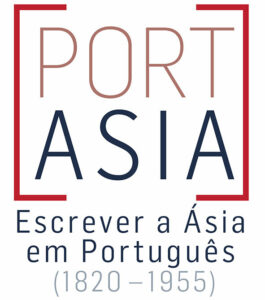Sebastião Dalgado died 100 years ago: We follow his trail through Lisbon
In commemoration of the centenary of the death of the orientalist Sebastião Rodolfo
Dalgado
(1855-1922), the newspaper Público, accompanied by researchers from the University of Lisbon
Marta Pinto and Hugo Cardoso, went to the Lisbon Academy of Sciences to explore a
collection made up of about 300 books belonging to the Goan linguist and missionary.
This collection contains dictionaries, grammar books and many translations of classics of
Indian literature, demonstrating its affinity with themes related to philology and Asian culture.
In this context, his interest in the study of Portuguese-based creoles in Asia
culminated, in 1913, in the publication of the book Influência do Vocabulário Português em Línguas
Asiáticas. Durante a visita à Academia das Ciências os investigadores e jornalistas presentes
had access to the autograph manuscript of this same work.
Finally, it is important to emphasize that appreciation of the legacy of Sebastião
Dalgado
is not limited to the Lisbon scene, given that in Goa he is also a highly valued figure,
since he contributed decisively to the autonomy of Konkani in relation to the
Marathi dialect.
Link to the full report:
https://www.publico.pt/2022/11/21/ciencia/reportagem/sebastiao-dalgado-morreu-ha-100-
anos-seguimos-rasto-lisboa-2026969
anos-seguimos-rasto-lisboa-2026969
